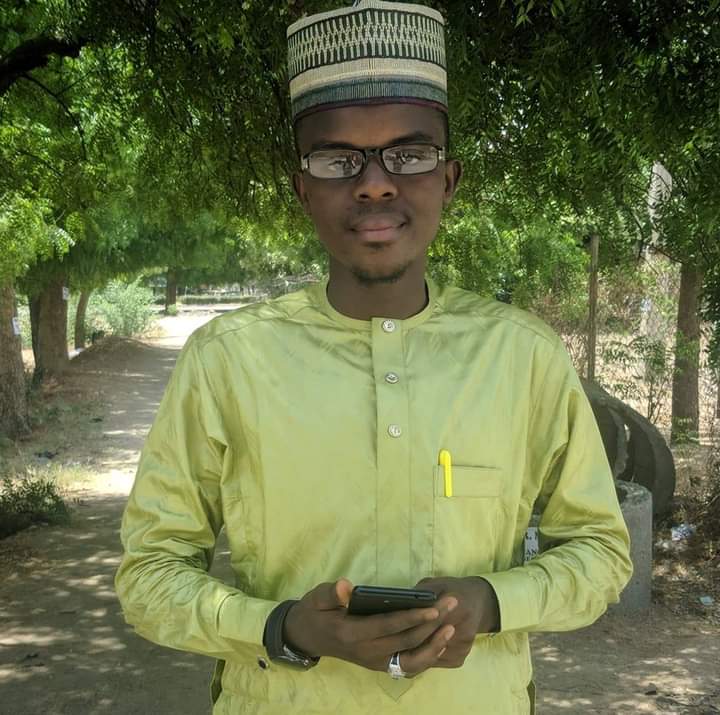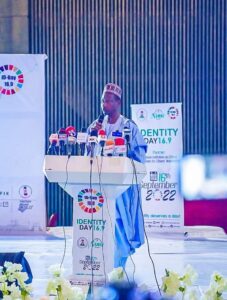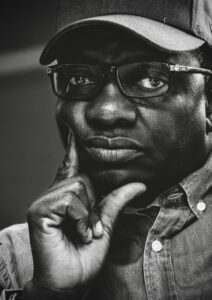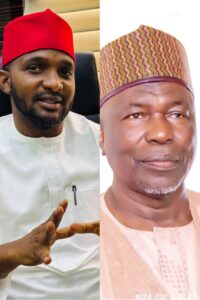
By Sulaiman Maijama’a
Security of lives and property of citizens is the cardinal responsibility of every responsible government and the first priority of every society. Nigeria, being a plural society (with different cultures, tribes, languages religions and regions) since independence has experienced, in different points in time, security challenges, the sad development that sowed the seeds of fresh security challenge that resurfaces in our time. Today, all the six geo-political zones that constitute Nigeria suffers from one form of insecurity or the other.
Boko Haram in the North East, kidnapping and banditry in the North West and the North Central becomes the epicentre of farmers-herders clashes.
Similarity, the South East suffers Biafran secessionist activities, the South South is coping with armed groups that have sabotaged pipelines and kidnapped oil workers in Niger Delta, while the South West suffers ritual killings for money making.
In its report on January 4th, 2022, HumanAngle revealed that in 2021, Nigeria had recorded its worst insecurity-related death toll since 2016. At least 10,398 persons were killed across the country between Jan. 1 and Dec. 31, 2021.
While this horribly compounded situation is winking its head, humanitarian challenge in recent time came in and deteriorated the condition.
Thisday reported that in 2019, Nigeria contributed 4.3 per cent of the global figures of 79.5 million in terms of humanitarian crises, making her one of the top 10 countries with the highest risks of a humanitarian disaster, the situation that continues to worsen.
The humanitarian crisis range from seeking refuge in overburdened and unsafe camps, to limited access to food, healthcare and education. Millions of people in the humanitarian crisis face malnutrition, inadequate social protection, sexual violence, and uncertain timelines for a return to normalcy.
The role of the media
Journalism, a part from its traditional role of informing, educating and entertaining, can play the following role to curtail the challenges:
1. Stakeholder engagement and “tree analysis”: the nature Nigerian government fights insecurity is like cutting the leaps of a tree without cutting the root. The media should provide a forum for stakeholders to be brainstorming the genesis of the challenge and the motives behind. This will give an insight to the government into the roots and ways through which it can be curtailed.
2. Applying”Agenda Setting Theory”: the media should make security and humanitarian reports their topmost priority by consistently reporting and giving them banner headlines and breaking news positions. By so doing the government and relevant authorities will swing into more deliberate action with a view to bringing an end to the challenges.
3. Applying “Development Support theory” and Serving the watchdog and surveillance role: the media should make editorial policies that will support development and expose any suspicious attempts. This should be done deliberately, knowing that security and humanitarian challenges cause Nigeria underdevelopment.
4. Objective and credible reportage: these are a second name to journalism. When fairness and credibility are maintained in journalism, security and humanitarian challenges will reduce to a minimal level.
Maijama’a is a student at the Faculty of Communication, Bayero University, Kano
sulaimanmaija@gmail.com


